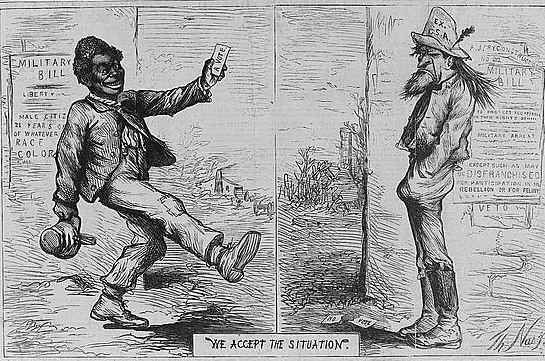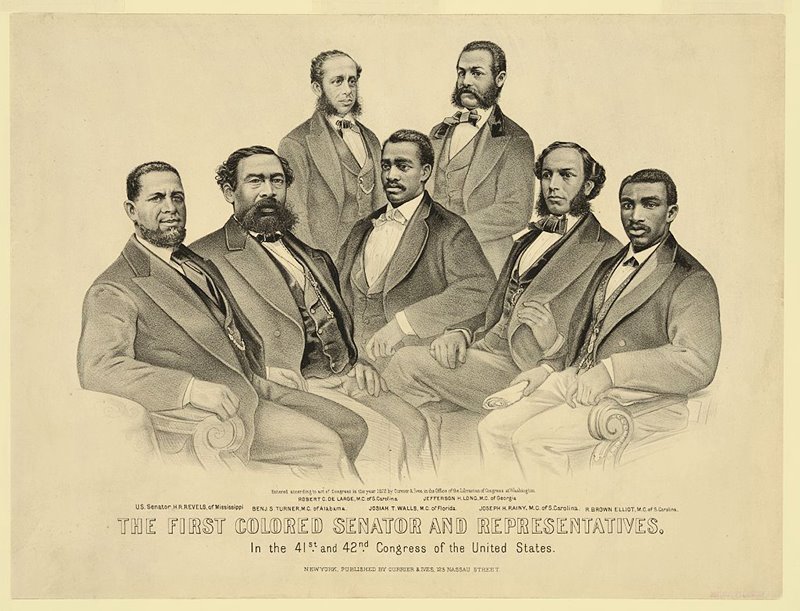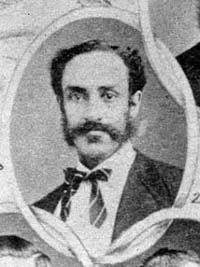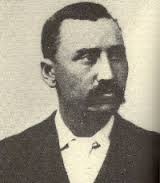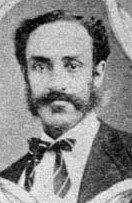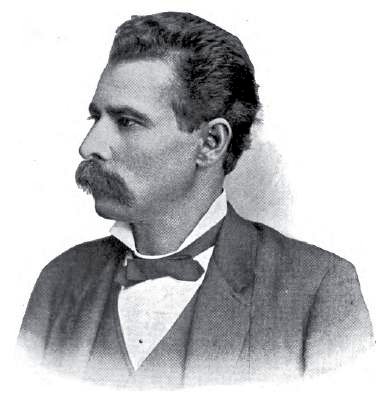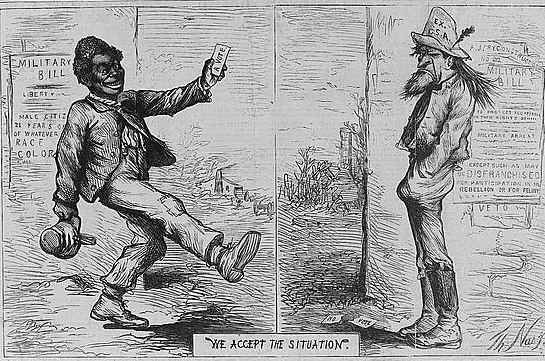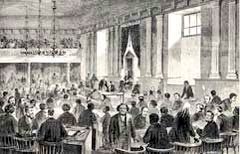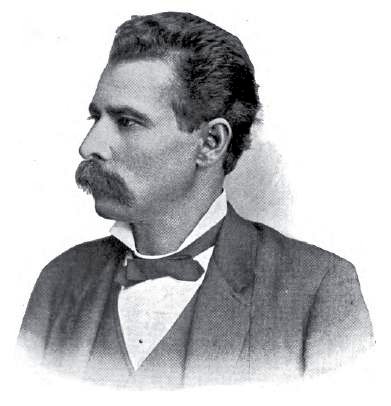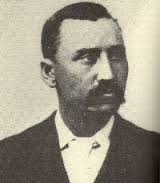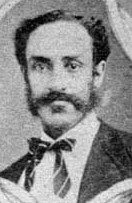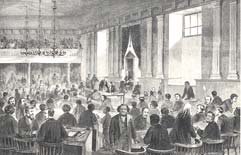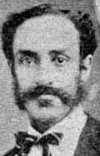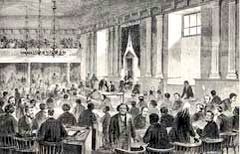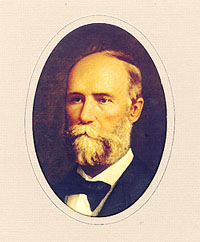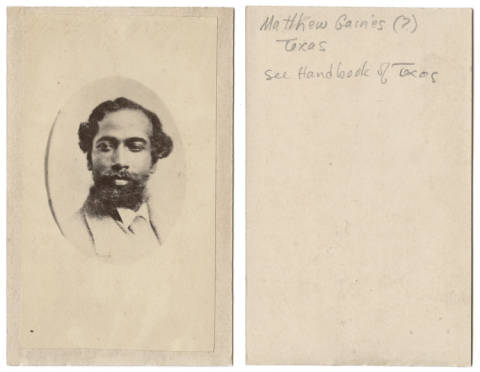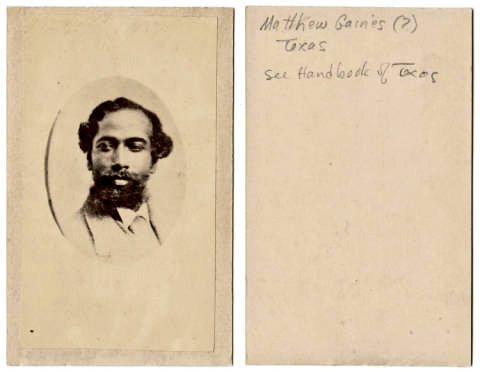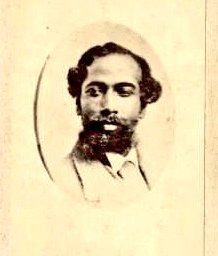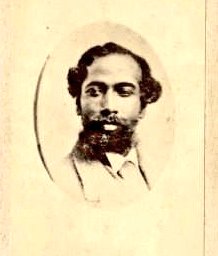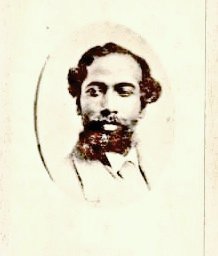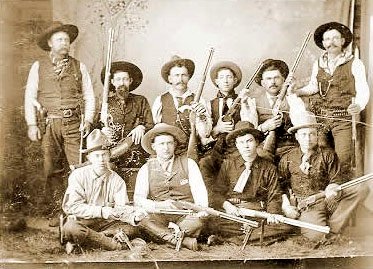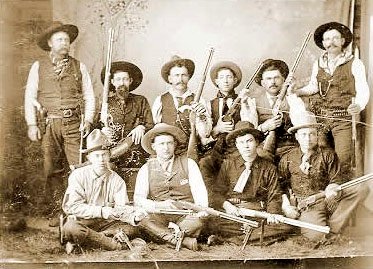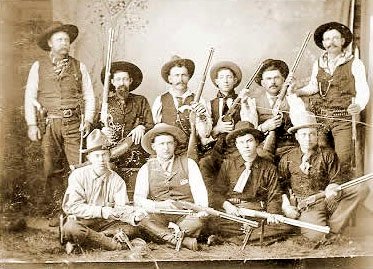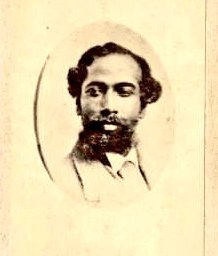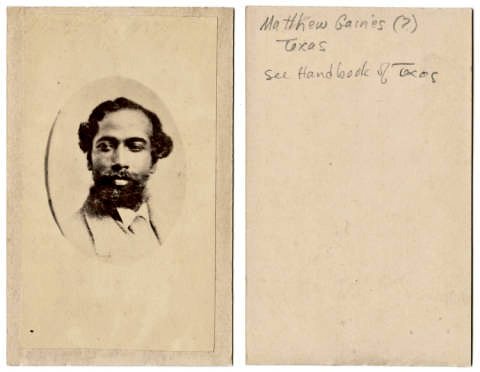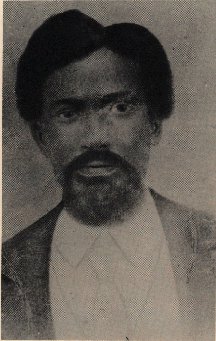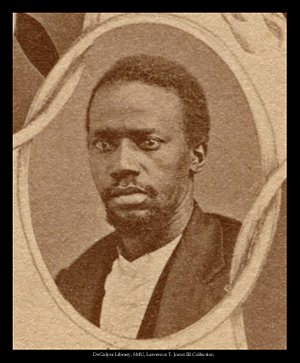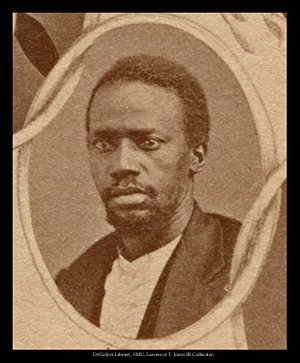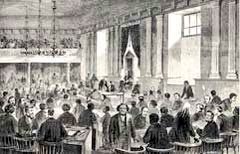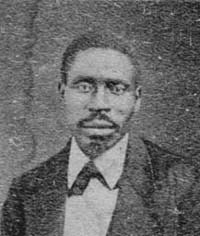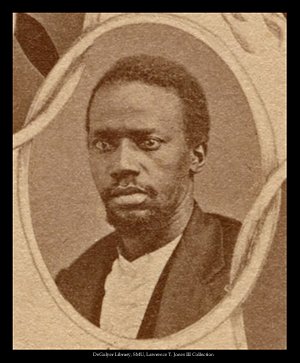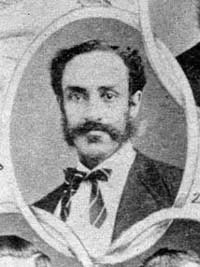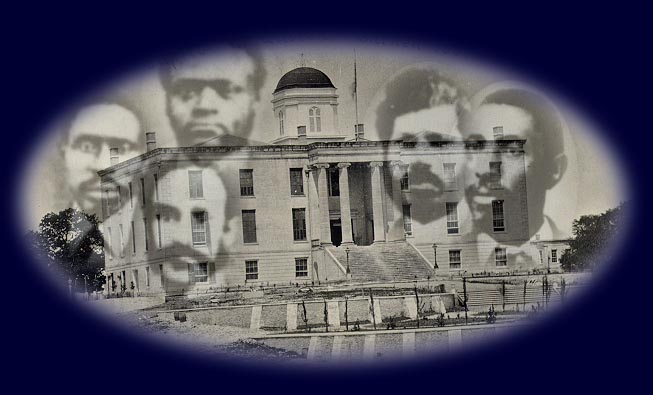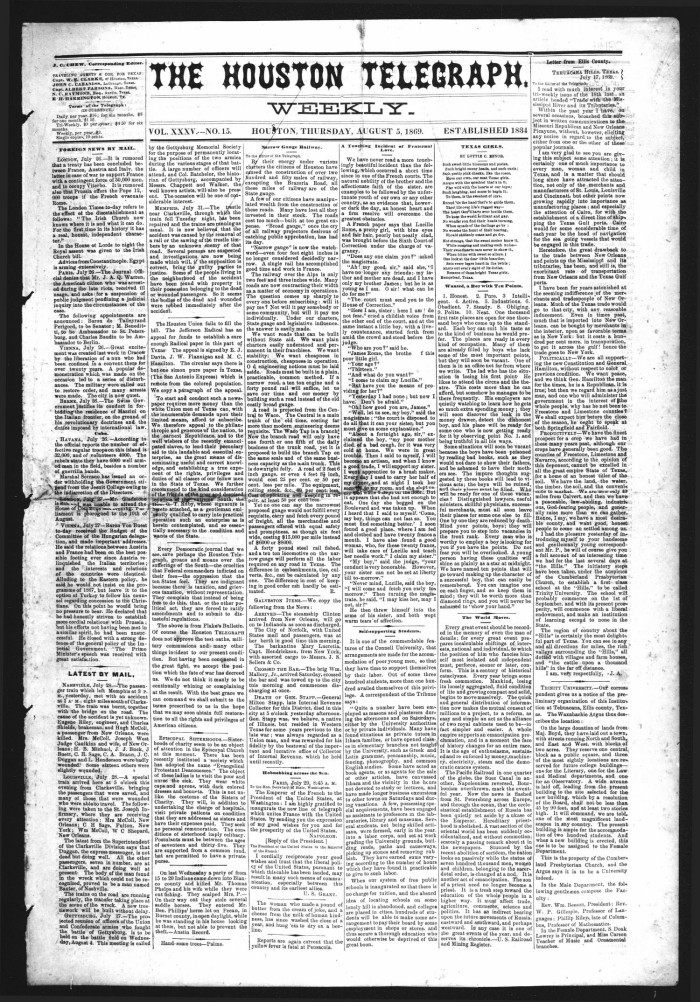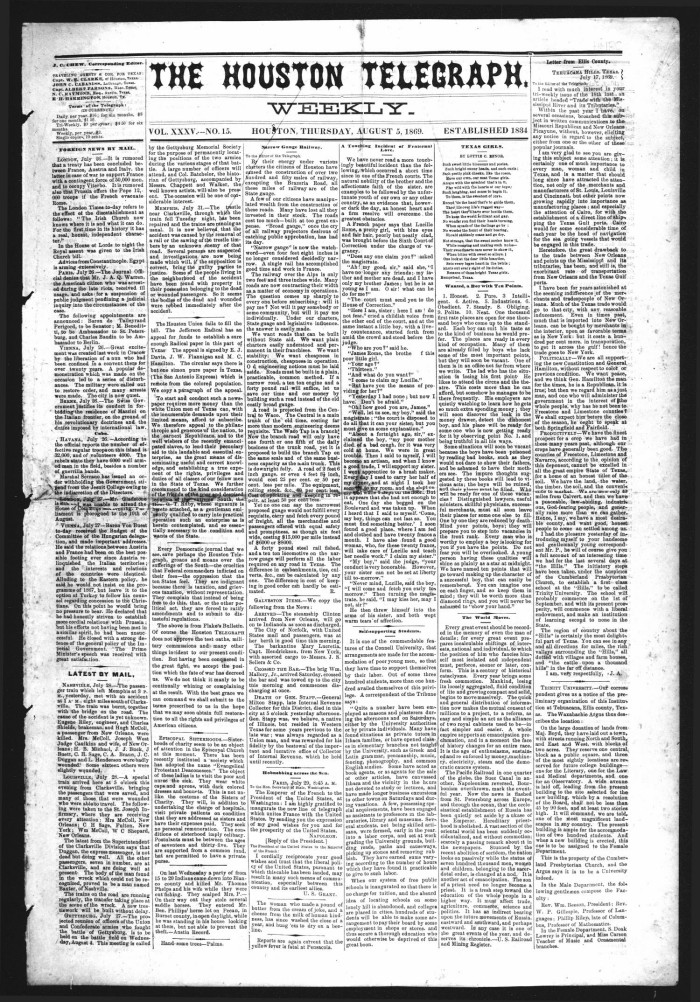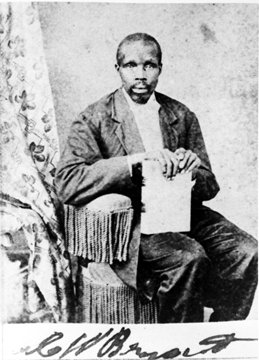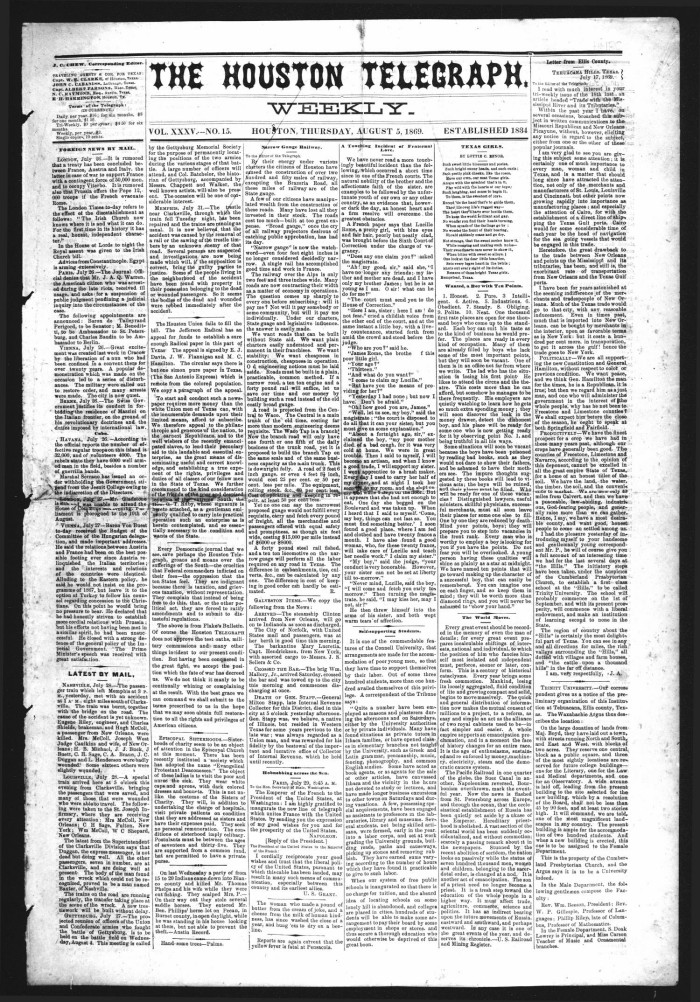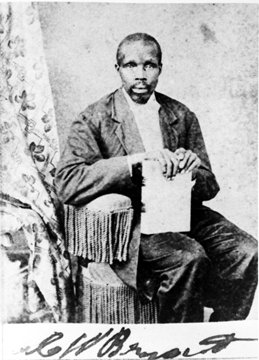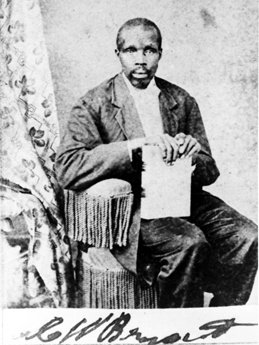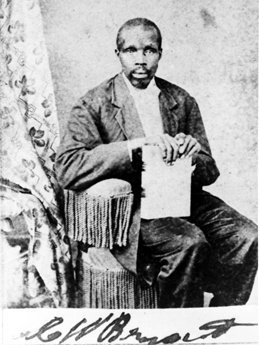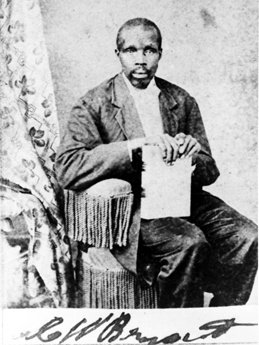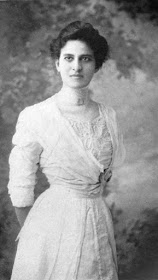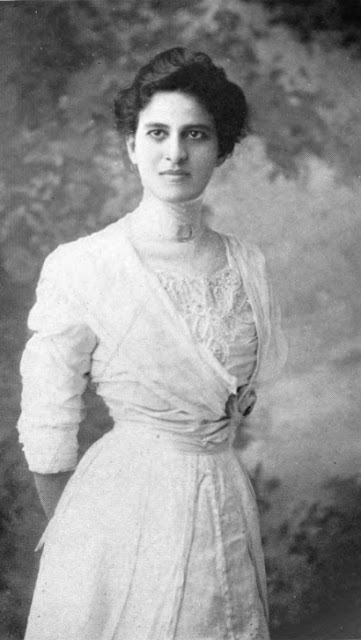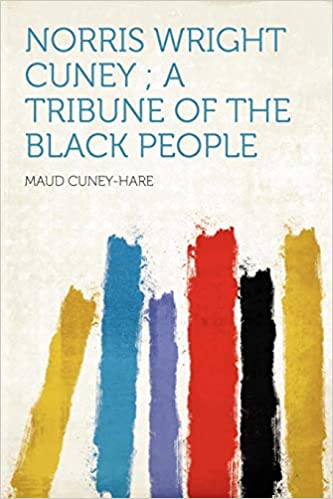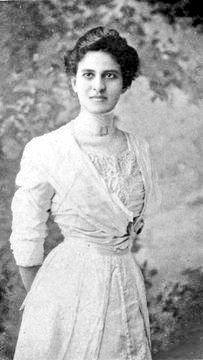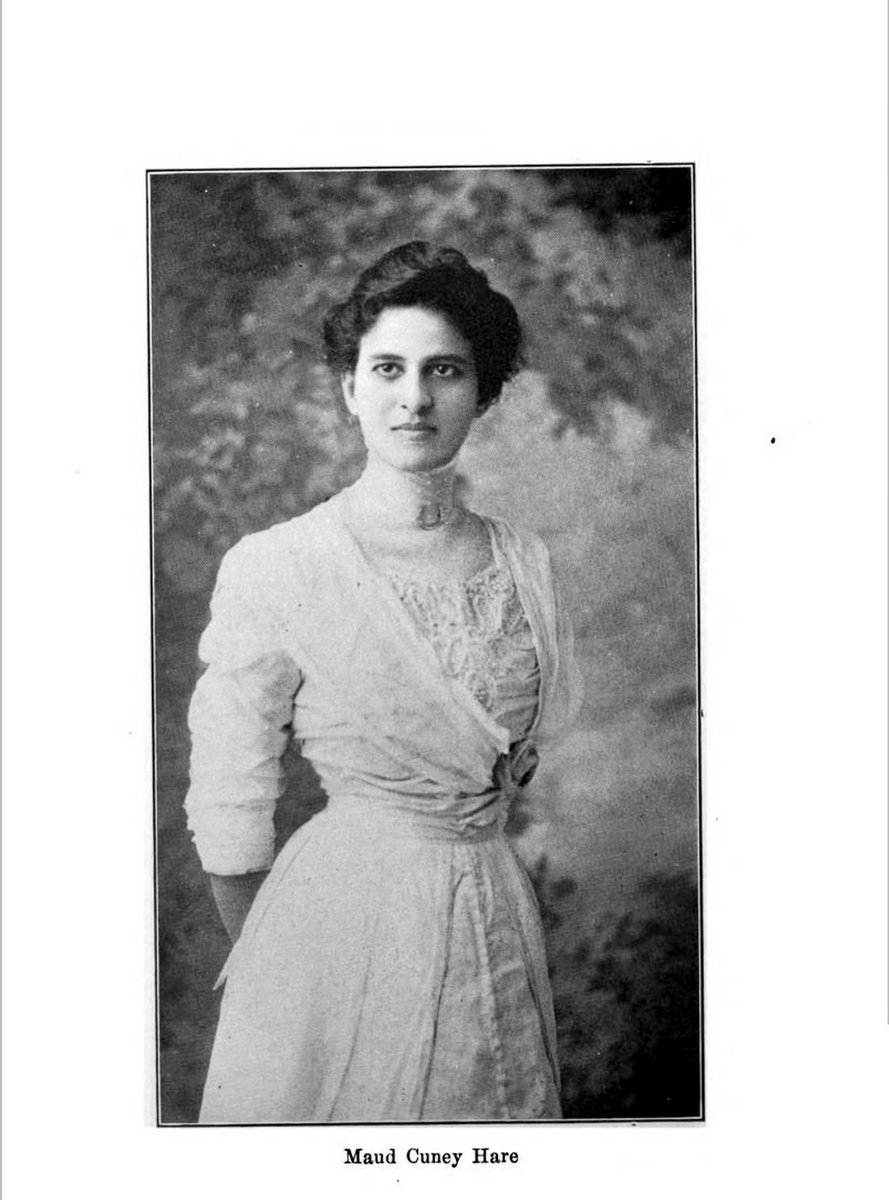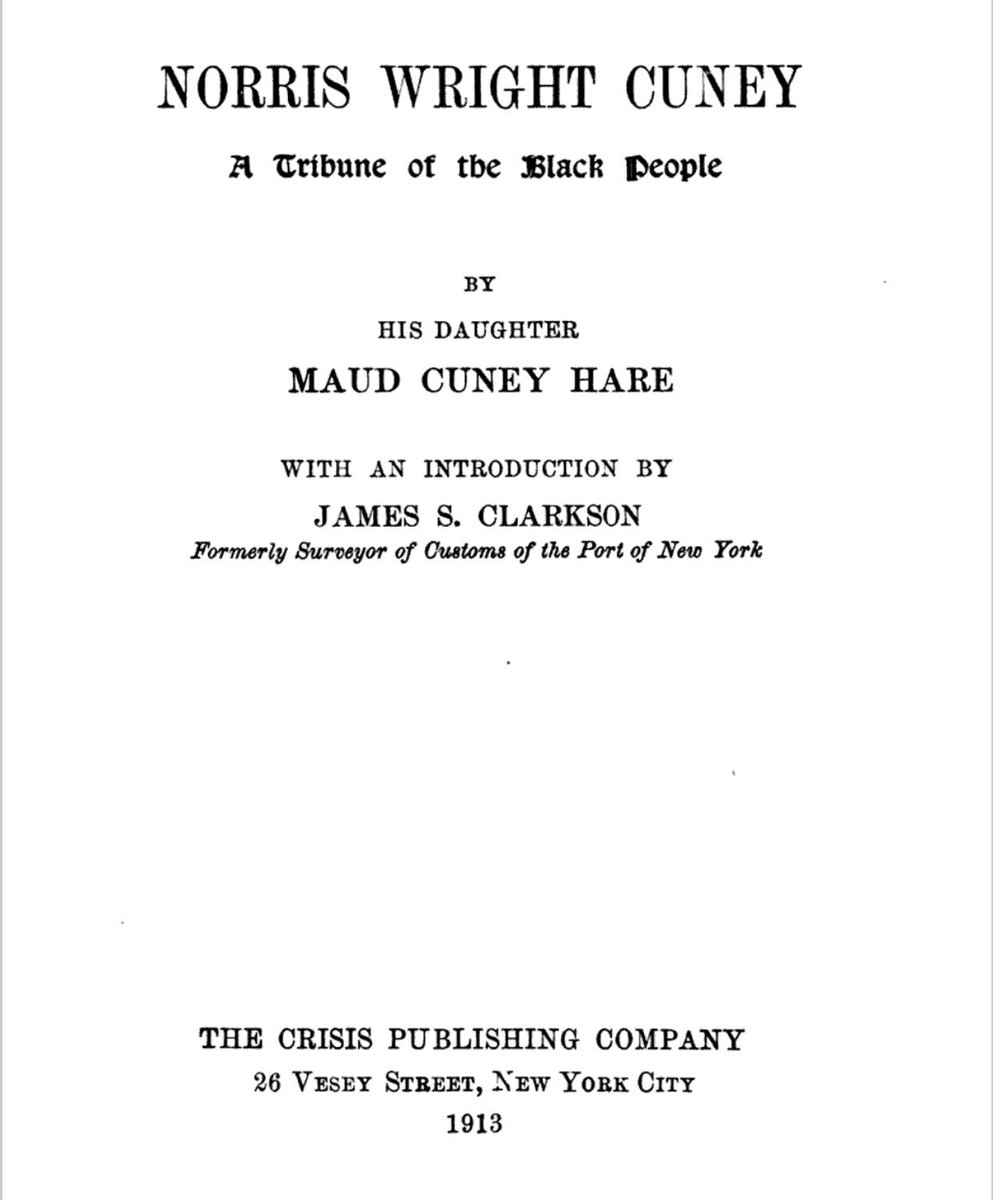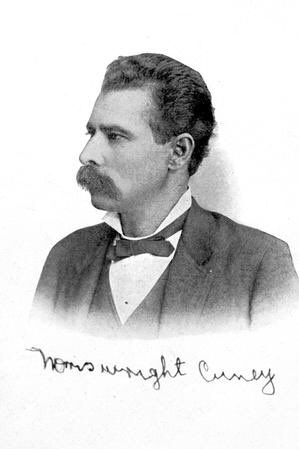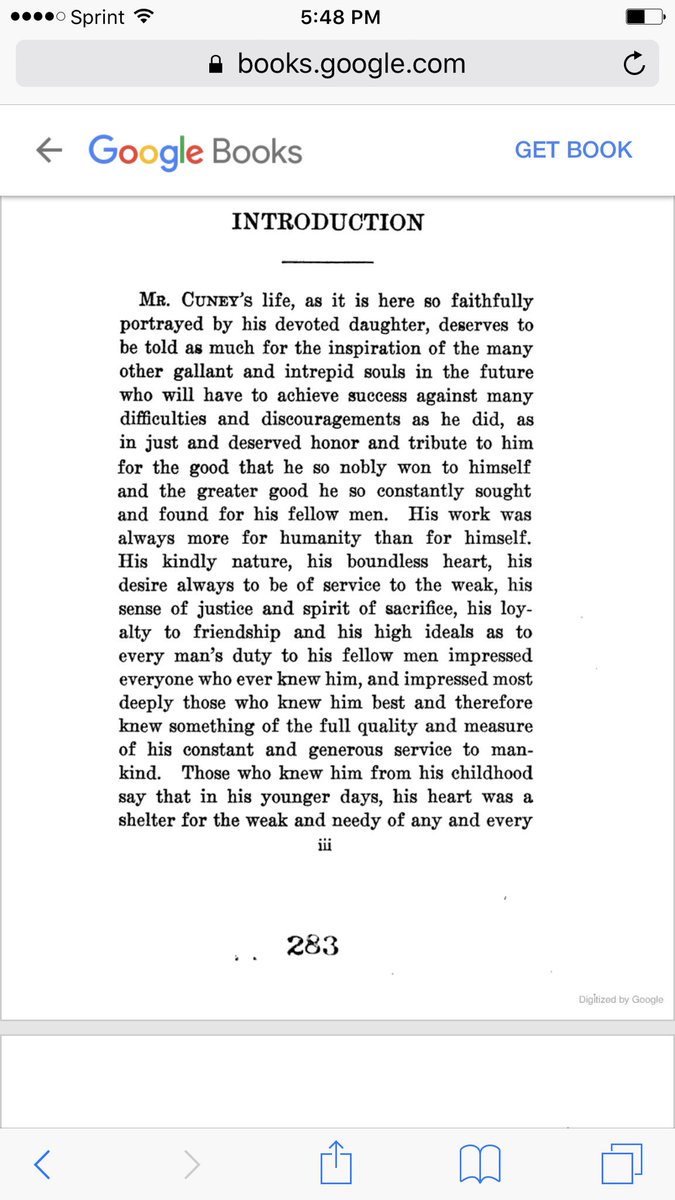The Birth of a Political Party: A largely Black Party - (Texas)
"In July 1867 twenty whites and 150 blacks attended a Republican convention in Houston, where they endorsed free common schools and free homesteads from public lands for blacks and whites."
"In July 1867 twenty whites and 150 blacks attended a Republican convention in Houston, where they endorsed free common schools and free homesteads from public lands for blacks and whites."
Thus began a decades-long tradition of black Republicanism in the state. Despite widespread violence and intimidation by the Ku Klux Klan and Democrats, ...
https://www.tshaonline.org/handbook/entries/african-americans-and-politics
https://www.tshaonline.org/handbook/entries/african-americans-and-politics
Despite widespread violence and intimidation by the Ku Klux Klan and Democrats, many black men registered for the first election in which they could participate-the 1868 referendum on whether to hold another constitutional convention and elect delegates.
More blacks than whites cast ballots, and, with their white allies, they overcame the opposition of the majority of white voters and voted to hold another convention.
The Convention of 1868–69, dominated by Republicans, included ten African-American delegates out of ninety.
Among them was George T. Ruby of Galveston, a Northern journalist and teacher who had moved to Texas to work in freedmen's schools; he became a well-known Republican leader.
All ten were active on committees and presented important resolutions. Though frustrated in attempts to secure certain constitutional safeguards for their people, they contributed to the accomplishments of the convention, ....
... which paved the way for the readmission of Texas to the Union in March 1870.
The election of Edmund J. Davis, a white radical, as governor in 1869 gave blacks additional influence, as did the election of two black state senators-G. T. Ruby and Matthew Gaines, a minister and former slave-and twelve representatives to the Twelfth Legislature.
Matthew Gaines (1840–1900) Lawrence T. Jones III Texas Photographs, DeGolyer Library, Central University Libraries, Southern Methodist University.
https://www.tshaonline.org/handbook/entries/gaines-matthew
https://www.tshaonline.org/handbook/entries/gaines-matthew
Gaines was a vigilant guardian of the rights and interests of African Americans. Among the many issues he addressed were education, prison reform, the protection of blacks at the polls, the election of blacks to public office, and tenant-farming reform.
Gaines escaped to freedom twice but each time was caught and returned to slavery. His first escape came after 1850, when he was sold to a man from Louisiana and was subsequently hired out as a laborer on a steamboat.
Using a false pass, he escaped to Camden, Arkansas. He left Arkansas six months afterwards and made his way to New Orleans, where he was caught and brought back to his master.
(H/T @princellasmith @ChrisALadd)
"Later, Gaines was sold to a Texas planter from #RobertsonCounty, and in 1863 he made another escape attempt. His destination was Mexico, but he made it only as far as Fort McKavett in #MenardCounty before being caught by the #TexasRangers."
"Later, Gaines was sold to a Texas planter from #RobertsonCounty, and in 1863 he made another escape attempt. His destination was Mexico, but he made it only as far as Fort McKavett in #MenardCounty before being caught by the #TexasRangers."
Brief History of the Texas Rangers
(This ain't the baseball team)
https://www.texasranger.org/texas-ranger-museum/history/brief-history/
(This ain't the baseball team)
https://www.texasranger.org/texas-ranger-museum/history/brief-history/
"They have been compared to other world-famous law enforcement agencies such as the FBI, Scotland Yard, and the Royal Canadian Mounted Police."
He was taken back to Fredericksburg and remained in that area until the end of the Civil War. During his tenure as a slave in Fredericksburg, Gaines worked as a blacksmith and a sheepherder.
After Emancipation Gaines settled in Burton, Washington County, where he soon established himself as a leader of the black community, both as a minister and a politician.
Senator Matthew Gaines — (Black Republican)
During Reconstruction he was elected as a senator to represent the Sixteenth District in the Texas legislature.
During Reconstruction he was elected as a senator to represent the Sixteenth District in the Texas legislature.
Matthew Gaines held the line for black people in Texas and, in so doing; he held the line for all people.
"Yibambe” (“Hold the Line")
"Yibambe” (“Hold the Line")
"Delegates to the Constitutional Convention of 1868-69 were elected by all male citizens over the age of 21, African Americans included."
https://www.tsl.texas.gov/exhibits/forever/freedom/page6.html
https://www.tsl.texas.gov/exhibits/forever/freedom/page6.html
The old Texas Capitol (1853-1881) was the setting for historic drama when African-Americans, most of them recently freed from slavery, took office as leaders of the Lone Star State.
https://www.tsl.texas.gov/exhibits/forever/index.html
https://www.tsl.texas.gov/exhibits/forever/index.html
An article in the Houston Telegraph entitled "To the Colored Voters"..
"You are aware that a very large majority of white people of Texas are opposed to allowing you to vote, because they do not think that you are qualified to exercise this high privilege."
"You are aware that a very large majority of white people of Texas are opposed to allowing you to vote, because they do not think that you are qualified to exercise this high privilege."
... If the convention should confer #suffrage upon you it will be the very cause of it being taken away from you after awhile, and we believe that it would deprive you of it forever."
The Radical Black Republican Response
Charles W. Bryant, who represented Harris County at the state Constitutional Convention of 1868-69, served on the State Executive Committee at the 1868 Radical Republican Convention.
Charles W. Bryant, who represented Harris County at the state Constitutional Convention of 1868-69, served on the State Executive Committee at the 1868 Radical Republican Convention.
Charles W. Bryant responded to the article in the Houston paper with one of his own.
Appearing in the Weekly Austin Republican and titled "Good Advice But We Decline to Take It"
Appearing in the Weekly Austin Republican and titled "Good Advice But We Decline to Take It"
The #HoustonTelegraph says to us free men of color, not to ask the privilege of suffrage and if our friends in the convention give this right to us we must reject it.
Now Sir, I ask you one thing...
http://afrotexan.com/Republican/conventions/1868_radical_republican.htm
Now Sir, I ask you one thing...
http://afrotexan.com/Republican/conventions/1868_radical_republican.htm
"If a free man can live so well in a free country without a voice in the government, why not try it yourself for a while?"
Charles W. Bryant holding the line.
"Yibambe” (“Hold the Line")
"Yibambe” (“Hold the Line")
The following information is intended especially for black people (and all people) who hold the line against white supremacy.
#Yibambe #WhiteSupremacy
R.I.P Chadwick Boseman

#Yibambe #WhiteSupremacy
R.I.P Chadwick Boseman

Confrontation ain't nothin' new to me
You can bring a bullet, bring a sword, bring a morgue
But you can't bring the TRUTH to me
You can bring a bullet, bring a sword, bring a morgue
But you can't bring the TRUTH to me
The Rise of The Lily White Republicans
Maud Cuney Hare: The Black Woman Who Documented The Early Rise of Racism in The Republican Party
https://blackconservative360.blogspot.com/2020/02/maud-cuney-hare-black-woman-who.html?m=1
Maud Cuney Hare: The Black Woman Who Documented The Early Rise of Racism in The Republican Party
https://blackconservative360.blogspot.com/2020/02/maud-cuney-hare-black-woman-who.html?m=1
On The Lily White Republicans
"He spoke with no bridled tongue of the political OUTRAGES in Arkansas and FortBend County, #Texas, and stated that he recognized the fight was to OVERTHROW the Negro Republicans in the State."
#BHM
- Maud Cuney-Hare
"He spoke with no bridled tongue of the political OUTRAGES in Arkansas and FortBend County, #Texas, and stated that he recognized the fight was to OVERTHROW the Negro Republicans in the State."
#BHM

- Maud Cuney-Hare
African Americans and Politics
by Chandler Davidson
https://www.tshaonline.org/handbook/entries/african-americans-and-politics
by Chandler Davidson
https://www.tshaonline.org/handbook/entries/african-americans-and-politics
How White Supremacist Stole The Southern Republican Party From African Americans https://twitter.com/blackrepublican/status/950883923755708417?s=19
"Norris Wright Cuney: A Tribune of the Black People" is not just a memoir of her father, but a memoir of his era.
She documents the "lily-white" Republican - southen - strategy; a strategy her father believed was centered around theft and #whitesupremacy.
She documents the "lily-white" Republican - southen - strategy; a strategy her father believed was centered around theft and #whitesupremacy.
Free E-Book Norris Wright Cuney: A Tribune of the Black People @LeahRigueur @DrTedJ https://books.google.com/books/about/Norris_Wright_Cuney.html?id=ZqU6AQAAIAAJ&printsec=frontcover&source=kp_read_button
A TRIBUTE TO NORRIS WRIGHT CUNEY ON HIS 174TH BIRTHDAY
Music & Maude Caney Hare
Black Republicans and the Civil Rights Movement
"But more than anything, THIS PASSAGE from Norris Wright Cuney’s A Tribune of The Black People made me realize MY PLACE in the legacy of racism in TX. Henry Cline ... https://twitter.com/tiffanyclay/status/1001867008164745217?s=19
... last paragraph) is my 3x Great-grandfather. I cannot dwell in denial when MY FAMILY LED the oppression of POC."

 Read on Twitter
Read on Twitter